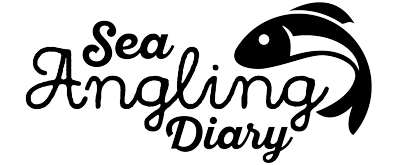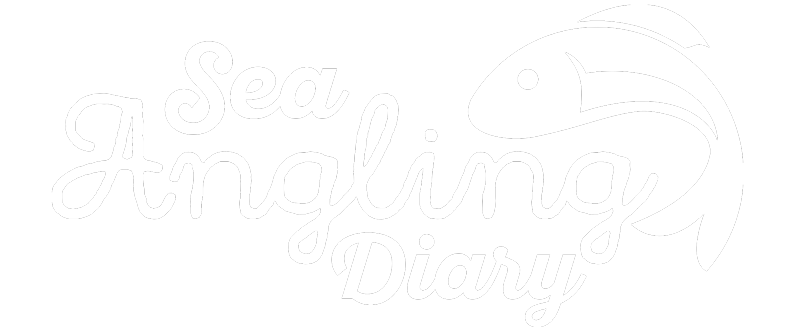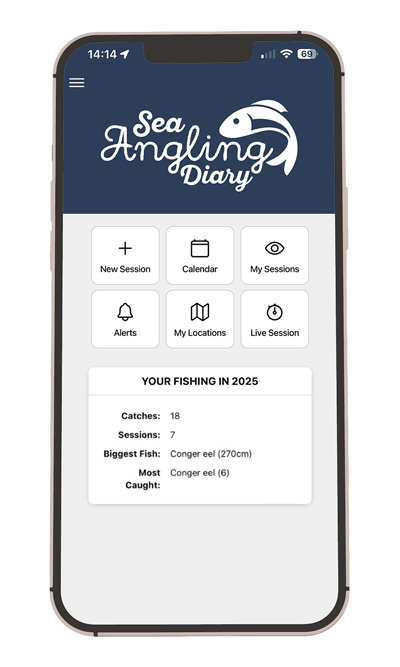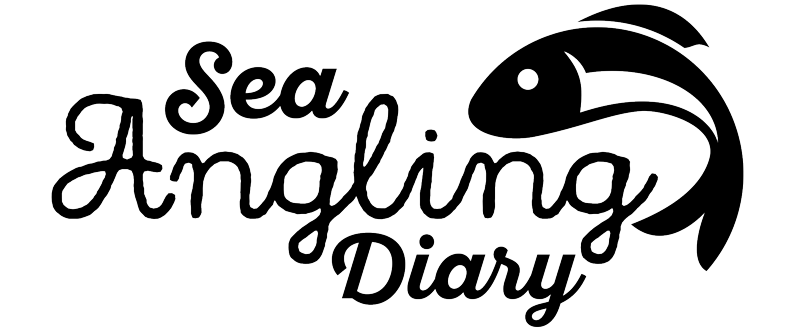As stated above, the Government would not wish to impose unnecessary regulatory burdens on sea anglers. Angling surveys and other surveys may indicate that there are species in particular areas where recreational activity could be considered to be having a significant additional impact, which is the case for sea bass and could also be true for some other species. If this is the case, UK governments would initially prefer to develop voluntary measures which will reduce the recreational impact on the stock, but not affect the enjoyment of the sport. This may take the form of catch-and-release after a certain number of fish have been retained or voluntarily avoiding areas where large quantities of small fish are being caught. This may be seen as a negative effect of surveys, but in reality the absence of such data could lead to even more precautionary measures and more restrictive controls due to a greater uncertainty about the total impacts of fishing. Of course, angling surveys may demonstrate that recreational activity is having a negligible effect on stocks, and there is no need to seek additional voluntary or regulatory measures for those stocks. However, we cannot assume that will be the case, which is why it is important to have data collected as accurately as possible. Well-informed decisions are important for the benefit of all stakeholders.










Leave A Comment